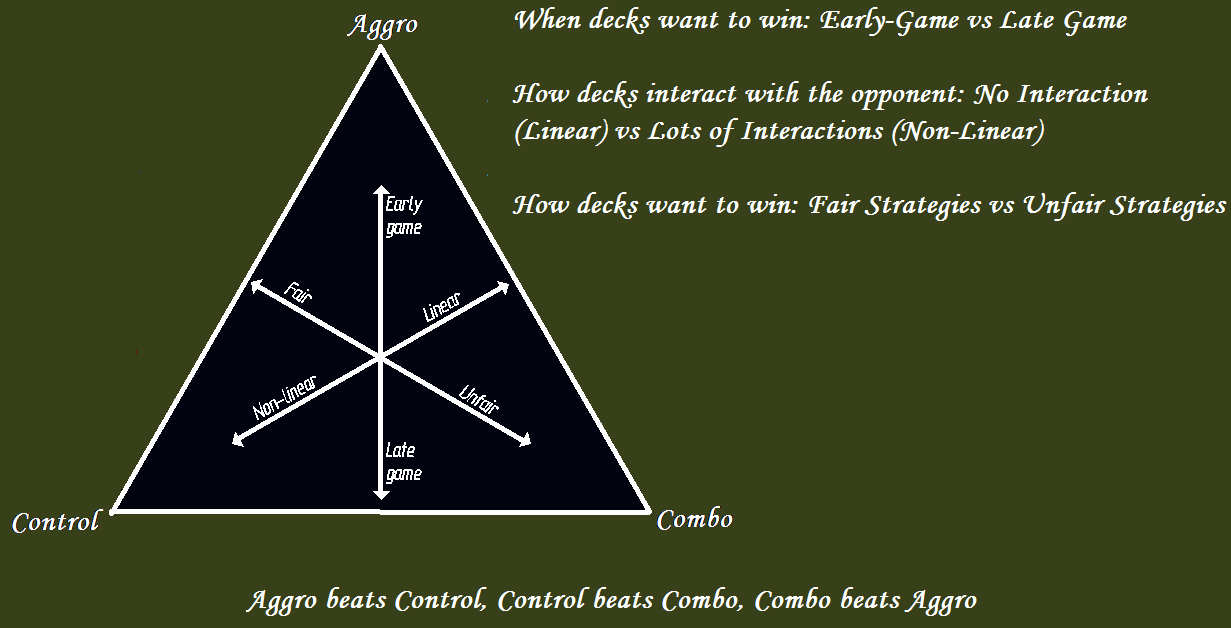TL;DR: It is less about the stats of the caster, but more about their spells and strategy. Barring overwhelming differences of course.
The Longer Version
Those with a fast recharge rate have their own advantages, and will learn spells that take advantage of that greater recharge rate
- Spells with a constant drain will not seem as bad. If the drain is less than their recharge rate, then they may be able to magically maintain the spell indefinitely.
- Simple offensive spells that take little mana and have little power are easy to use repeatedly and may become a trademark spell.
- Depending on their rate of recharge, they might be the first to be able to cast a decisive spell if an area of drained of magic then allowed to reflow into the area.
Yes, the first two points could be something that also applies to Focus-based and Capacity-based mages respectively. However, they will have to approach the problem from different directions.
Also notable is that they will have the edge in endurance, compared to the Power of Capacity-based mages and the Finesse of the Focus-based ones.
Unless institutionally trained for a single purpose, all three groups will have certain spells that they gravitate to that play into their personal and magical strengths.
Now how to put the three into equilibrium? Well unlike focusing on the raw statistics of the mage types, I will instead focus on the general strategies that they are likely to employ.
To that end, I will take a triangle from a card game that I play that outlines the three primary strategies of the game. Disclaimer: This is a generality and the reality is a bit more like a spectrum than an triangle.
In text form it looks a bit like: Aggro -> Control -> Combo -> Aggro
In graphical terms:

The Aggro strategy aims to win fast and hard. By laying down a fast an powerful offense, these people aim to win before any form of meaningful countermeasures can be applied. They tend to trump the Control strategy by moving too fast for them to react.
The Control strategy aims to weather the initial onslaught and then take control of the battle, winning by generally putting the opponent in a position that they cannot get out of. They tend to trump Combo because that strategy relies on a small number of key spells to work and defeating those defeat their strategy.
The Combo strategy relies on a specific set of spells going off, either in sequence or just in general to create a victory almost immediately after achieving it, regardless of how things were going up until that point. Their entire primary strategy relies on making this sequence happen. They tend to trump the Aggro strategy by just not really caring about them so long as they are not in danger of defeat given once they go off, they just win.
Now it is my belief that all three types of mages can fit into all three strategies should they choose to, depending on the factors around the caster, such as upbringing, training, and spell knowledge. However based on their specialties, they will typically fall under two of them.
Capacity-based mages are probably going to lean towards Aggro and Control strategies depending on if they specialize in offense or defense. With bigger spells, the Recharge Mage will need to determine how to bypass those spells to stand a chance.
A common strategy would be to endure the more powerful offensive spells and strike while they are expended, or otherwise find the chink in their superior defenses. Hammering them with weaker spells is an option since you are probably faster then them on the spellcasting front.
Focus-based mages with their higher finesse are probably going to lean towards Control and Combo strategies depending on how fast they generally aim to tend fights. For the Recharge mage, victory is all about choosing your moment carefully.
The Common strategy will be to wait for an opening, then strike. You recover your power faster so you can afford to send probing spells knowing that they might not do anything. You will need to be wary for the moment that they strike as well and defend against those -- any spell that hits you from them is likely to be bad news.
Recharge Mages with their average ability are likely going to lean towards Combo and Aggro strategies. When fighting their own type, it is going to come down to who will run out of tricks and/or power first.

